carbide drilling bits Supplier
Looking for a reliable carbide drilling bits supplier? This guide explores the essential factors to consider when choosing a supplier, including material quality, bit types, coatings, and supplier reputation. Learn how to select the right carbide drilling bits to optimize your drilling operations and ensure precision, durability, and cost-effectiveness.
Understanding Carbide Drilling Bits
Carbide drilling bits are cutting tools known for their exceptional hardness, wear resistance, and ability to withstand high temperatures. They are primarily used for drilling hard materials like steel, cast iron, non-ferrous metals, and composites. Understanding the different types and applications of carbide drilling bits is crucial for selecting the right supplier.
Types of Carbide Drilling Bits
There are various types of carbide drilling bits, each designed for specific applications:
- Solid Carbide Drilling Bits: Made entirely of carbide, offering superior rigidity and precision. Ideal for high-volume production and tight-tolerance drilling.
- Carbide-Tipped Drilling Bits: Feature carbide cutting edges brazed or welded onto a steel body. Cost-effective for general-purpose drilling.
- Indexable Insert Drilling Bits: Utilize replaceable carbide inserts, allowing for quick and easy cutting edge changes. Suitable for large-diameter drilling and deep hole applications.
- Coolant Through Drilling Bits: Incorporate internal coolant channels that deliver coolant directly to the cutting edge, improving chip evacuation and tool life.
Applications of Carbide Drilling Bits
Carbide drilling bits find applications across numerous industries:
- Manufacturing: Drilling components for automotive, aerospace, and electronics industries.
- Metalworking: Creating holes in various metal workpieces.
- Construction: Drilling into concrete, masonry, and other tough materials.
- Medical: Manufacturing surgical instruments and implants.
Key Factors to Consider When Choosing a Carbide Drilling Bits Supplier
Selecting the right carbide drilling bits supplier is essential for ensuring the quality, performance, and longevity of your drilling tools. Here are some critical factors to consider:
Material Quality
The quality of the carbide used in the bits directly impacts their performance. Look for suppliers who use high-grade carbide materials with consistent hardness and grain structure. Common carbide grades include K10, K20, K30, and various submicron grades.
Bit Types and Sizes
Ensure the supplier offers a wide range of carbide drilling bits in various types, sizes, and geometries to meet your specific drilling requirements. This includes different point angles, flute designs, and coatings.
Coatings
Coatings enhance the performance of carbide drilling bits by reducing friction, increasing wear resistance, and improving chip evacuation. Common coatings include:
- Titanium Nitride (TiN): General-purpose coating for increased hardness and wear resistance.
- Titanium Carbonitride (TiCN): Offers higher hardness and wear resistance compared to TiN.
- Aluminum Titanium Nitride (AlTiN): Provides excellent heat resistance and is suitable for high-speed machining.
- Diamond-Like Carbon (DLC): Reduces friction and prevents built-up edge, ideal for non-ferrous materials.
Supplier Reputation and Experience
Choose a supplier with a proven track record of providing high-quality carbide drilling bits and excellent customer service. Look for certifications such as ISO 9001, which indicate a commitment to quality management.
Price and Lead Time
Compare prices from different suppliers, but don't sacrifice quality for cost. Consider the lead time for delivery and ensure the supplier can meet your production schedule.
Technical Support and Customization
Opt for a supplier that offers technical support and can provide custom-designed carbide drilling bits to meet your unique application requirements. This includes modifications to the bit geometry, coating, and material.
Top Carbide Drilling Bits Suppliers
Here are some reputable carbide drilling bits suppliers known for their quality products and services. (Note: This is for example only, conduct independent research before making a decision.)
- Kennametal: A global leader in tooling solutions, offering a wide range of carbide drilling bits for various applications.
- Sandvik Coromant: Known for their innovative cutting tools and expertise in metal cutting.
- Mitsubishi Materials: Provides high-performance carbide drilling bits for aerospace, automotive, and medical industries.
- Guhring: Specializes in precision drilling tools and offers customized solutions.
- Wayleading Tools: Specializes in customized tungsten carbide products and precision tooling solutions, offering custom carbide drilling bits with short lead time. You can visit Wayleading Tools to find the perfect bit for your next project.
Ensuring Quality and Performance
To ensure the quality and performance of your carbide drilling bits, consider the following:
Inspect the Bits Upon Arrival
Check the bits for any defects or damage before using them. Verify the dimensions and geometry to ensure they meet your specifications.
Proper Storage and Handling
Store carbide drilling bits in a dry and clean environment to prevent corrosion and damage. Use protective cases or trays to avoid contact with other tools.
Follow Recommended Cutting Parameters
Adhere to the manufacturer's recommended cutting speeds, feed rates, and coolant usage to optimize tool life and performance. Using the wrong parameters can lead to premature wear and failure.
Regular Maintenance and Sharpening
Regularly inspect the cutting edges for wear and sharpen the bits as needed. Use appropriate sharpening equipment and techniques to maintain the original geometry.
Cost Considerations
While the initial cost of carbide drilling bits may be higher than other types of drill bits, their superior performance and longevity can result in lower overall costs. Consider the following factors when evaluating the cost-effectiveness of carbide drilling bits:
- Tool Life: Carbide drilling bits typically last longer than high-speed steel (HSS) bits, reducing the frequency of replacement.
- Machining Time: The ability to drill at higher speeds and feed rates can reduce machining time and increase productivity.
- Scrap Rate: Precise drilling with carbide drilling bits can minimize scrap rates and improve part quality.
- Downtime: Reduced tool changes and fewer breakdowns can minimize downtime and increase machine utilization.
Conclusion
Choosing the right carbide drilling bits supplier is a critical decision that can significantly impact the efficiency and quality of your drilling operations. By considering the factors outlined in this guide, you can select a supplier that meets your specific needs and provides you with high-performance carbide drilling bits for years to come. Remember to prioritize quality, reliability, and technical support to ensure the best possible outcome.
Related products
Related products
Best selling products
Best selling products-
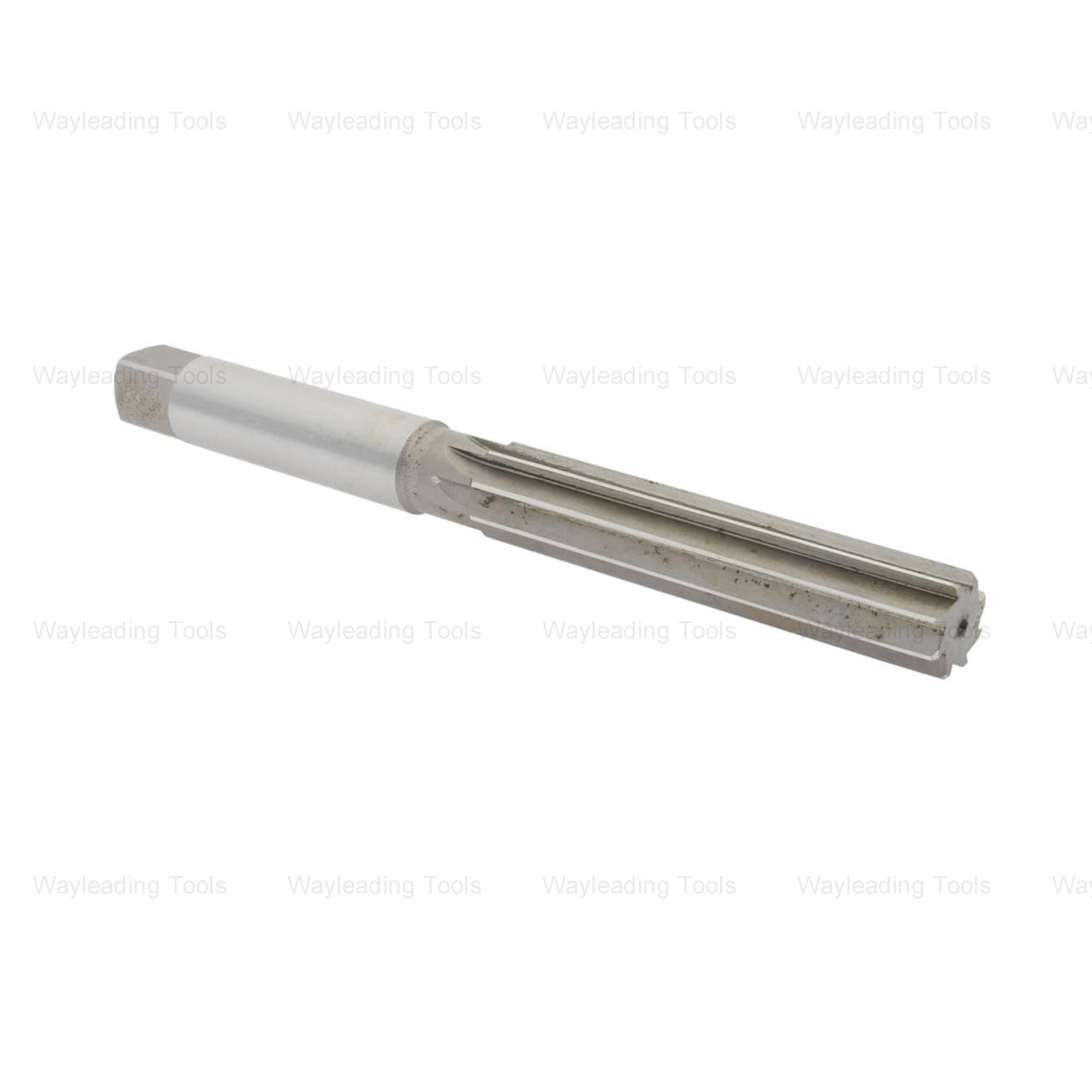 HSS Hand Reamers – Metric & Inch Sizes, Straight or Spiral Flutes
HSS Hand Reamers – Metric & Inch Sizes, Straight or Spiral Flutes -
 3 Flutes HSS Chamfering Countersink Drill bitl With 60 And 90 Degree
3 Flutes HSS Chamfering Countersink Drill bitl With 60 And 90 Degree -
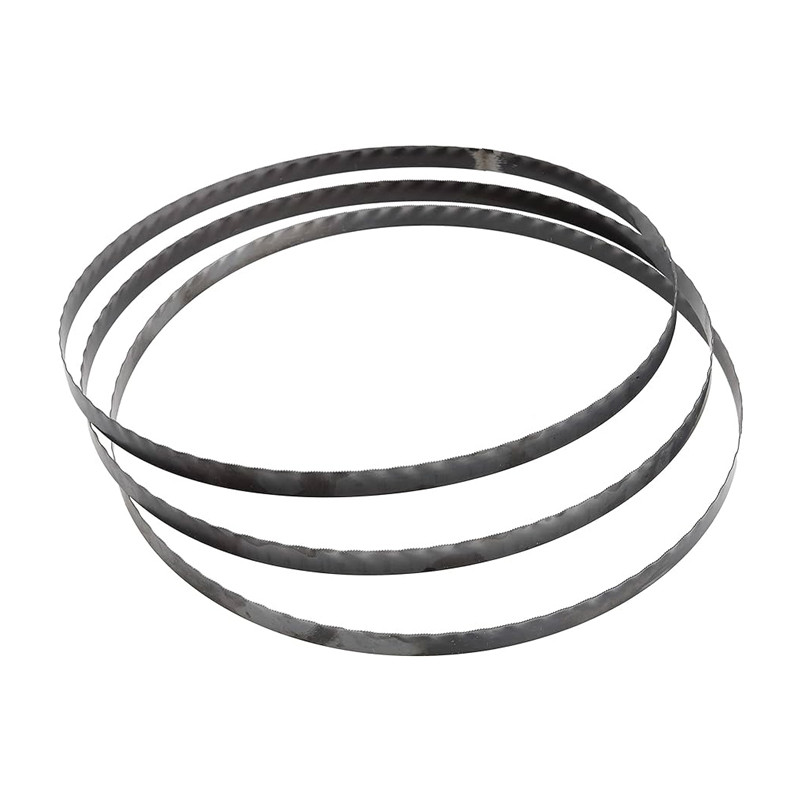 M42 Bi-Metal Bandsaw Blades For Industrial Type
M42 Bi-Metal Bandsaw Blades For Industrial Type -
 MT/R8 Shank Quick Change Tapping Chuck With MT & R8 Shank
MT/R8 Shank Quick Change Tapping Chuck With MT & R8 Shank -
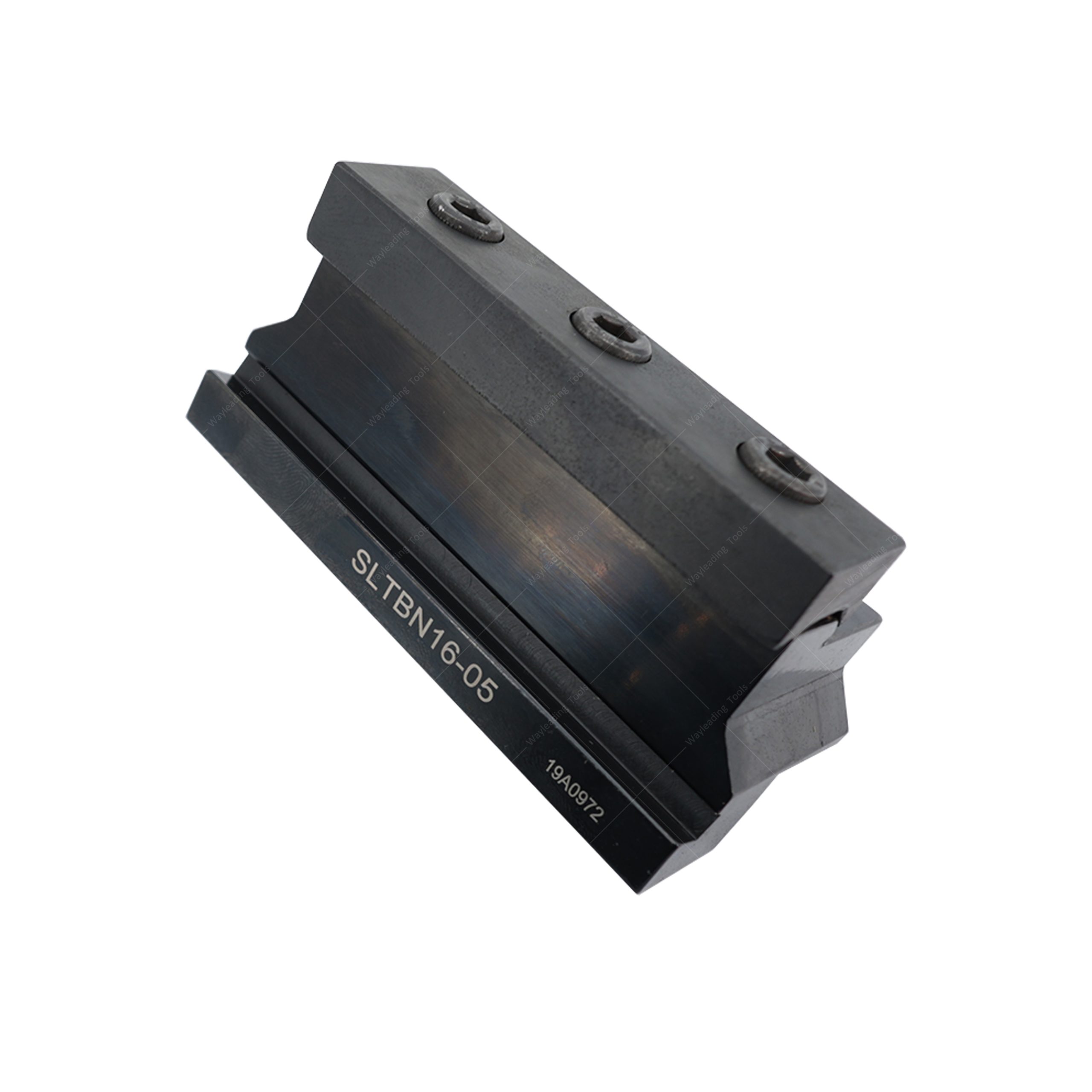 Parting & Grooving Tool Block For NCIH Blades
Parting & Grooving Tool Block For NCIH Blades -
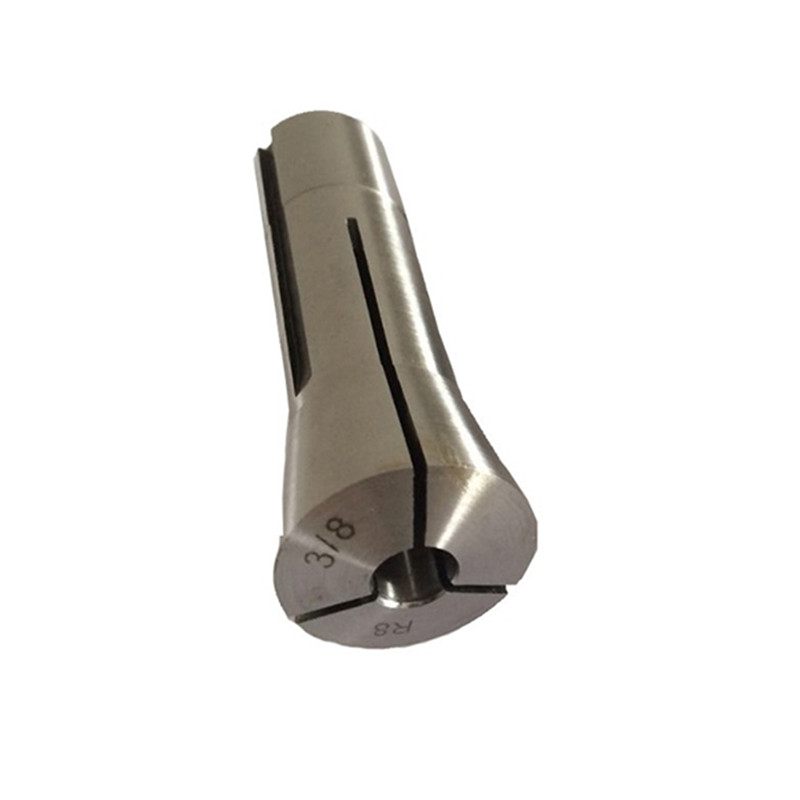 R8 Round Collet With Inch and Metric Size
R8 Round Collet With Inch and Metric Size -
 HSS Metric & Inch Woodruff Keyseat Cutter With Straight Or staggered Teeth
HSS Metric & Inch Woodruff Keyseat Cutter With Straight Or staggered Teeth -
 MT-APU Drill Chuck Holder With Keyless Type
MT-APU Drill Chuck Holder With Keyless Type -
 Type M Cone Tungsten Carbide Rotary Burr
Type M Cone Tungsten Carbide Rotary Burr -
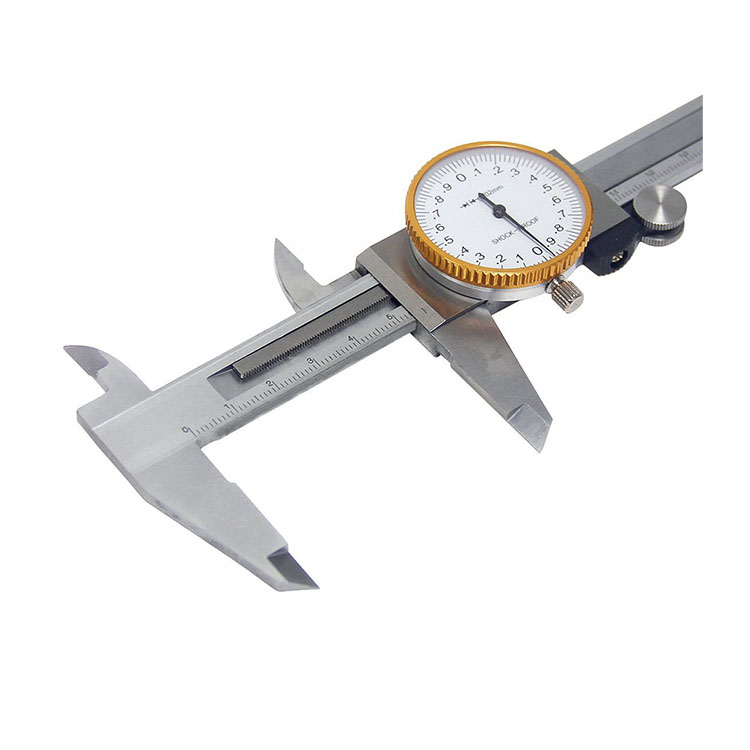 Precision Dial Caliper Of Metric & Imperial For Industrial
Precision Dial Caliper Of Metric & Imperial For Industrial -
 Inch Solid Carbide Twist Drill With Internal Coolant & External Coolant
Inch Solid Carbide Twist Drill With Internal Coolant & External Coolant -
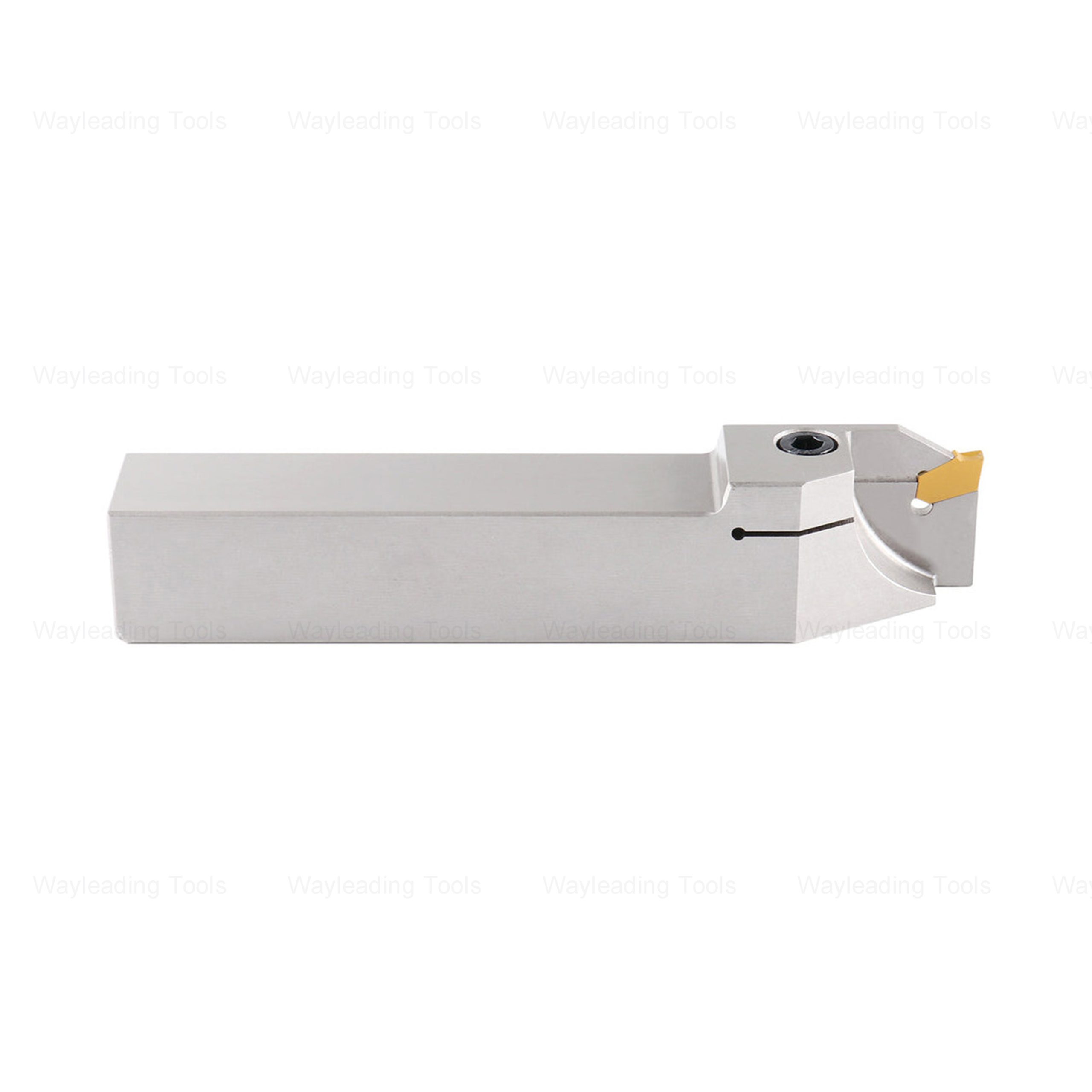 QA Grooving & Cut-Off Tool Holder – Right- and Left-Hand Types
QA Grooving & Cut-Off Tool Holder – Right- and Left-Hand Types










